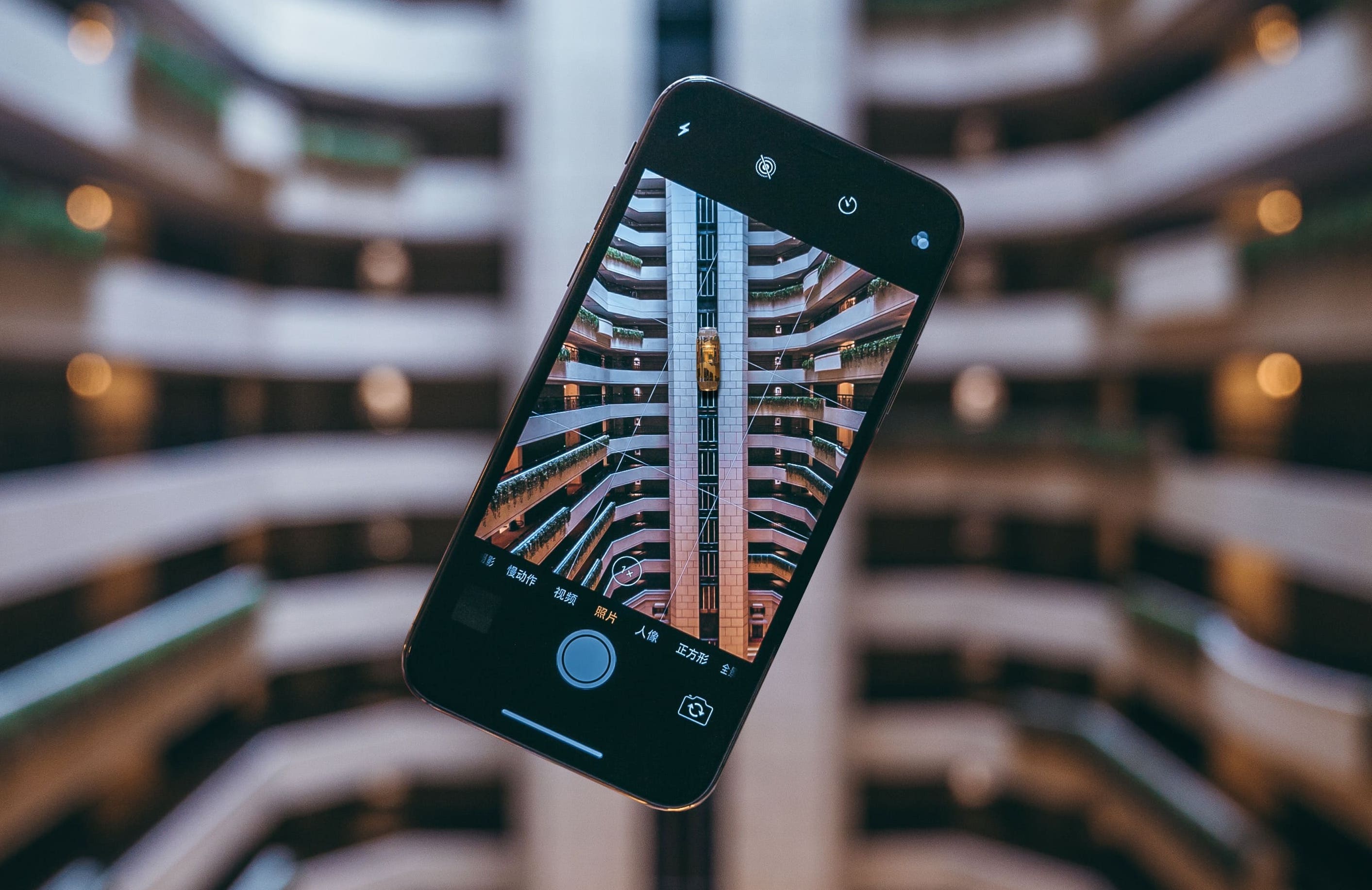Algorithms are discretely at work in the background of our lives, from the price you pay for a plane ticket to the information you receive on social media. Then again, what if our interactions with algorithms were more obvious? What if we deliberately called upon programs to make our decisions? Would this be the end of freedom
We generally see freedom as the ability to make our own choices. However, one can argue that there’s a sense of freedom in not having to make any decisions at all. This is exactly the argument that Max Hawkins is making – an ex-Google researcher that created various algorithms to randomly decide where he eats, what he wears, where he lives, what music he listens to, and how he spends his time.
I have a machine that reads books and pulls out things that people are doing in the books and then spits them back to me. So, for instance, if someone in the book goes to a park and smells the flowers, the computer will recognize that action, that verb-object pair, put it into a database and then I have a process for randomly selecting these actions and it presents them to me and then, if it’s possible to accomplish it, I go and do it.
Max Hawkins, Future Human
It’s a fascinating way of getting out of the same routine. Personally, I find myself eating at the same six restaurants day after day and could really use something like this to push me in new directions.
Another of Max’s programs was a random Facebook events generator which scraped all the Facebook events and sent him to random events. Eventually, he made the program open to the public given people’s interest in his project.
I started a Facebook group where I would manually select random events for members… The Facebook group doubled, then quadrupled in size. And I wasn’t able to continue with this manual way of selecting events. So I started to build an app to automate the process.
Max Hawkins
We all exist in these bubbles that get sturdier and sturdier over time, as we continue to talk with the same people, go to the same places, and interact in the same way. Bursting these bubbles and exploring new environments is key to fully
Max doesn’t shy away from his algorithmic dependence. He went so far as creating a random tattoo generator that scraped popular images (within a certain style) from the web… and then actually went through with it. Regardless of how crazy this sounds, Max is bringing the world a breath of fresh air.
This idea that computers can find out what makes us tick and then give us only the information that applies is very dangerous. Unfortunately, it seems to be the backbone of the Internet today.
But it’s not to say it can’t change. This pushback from Max and what he calls “uniform randomness” is
